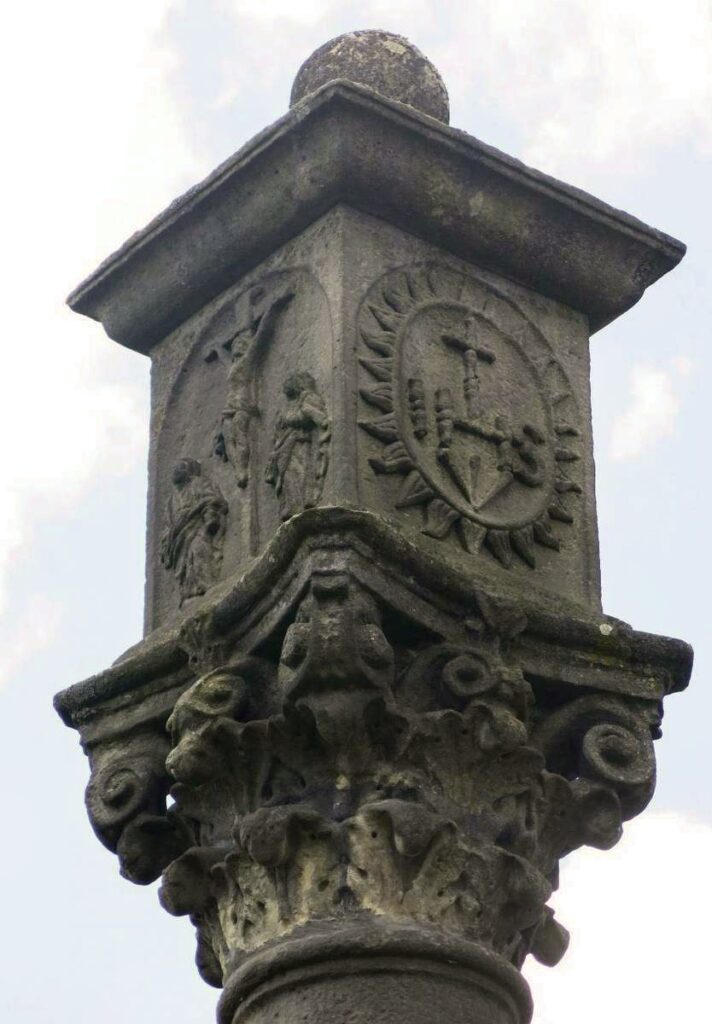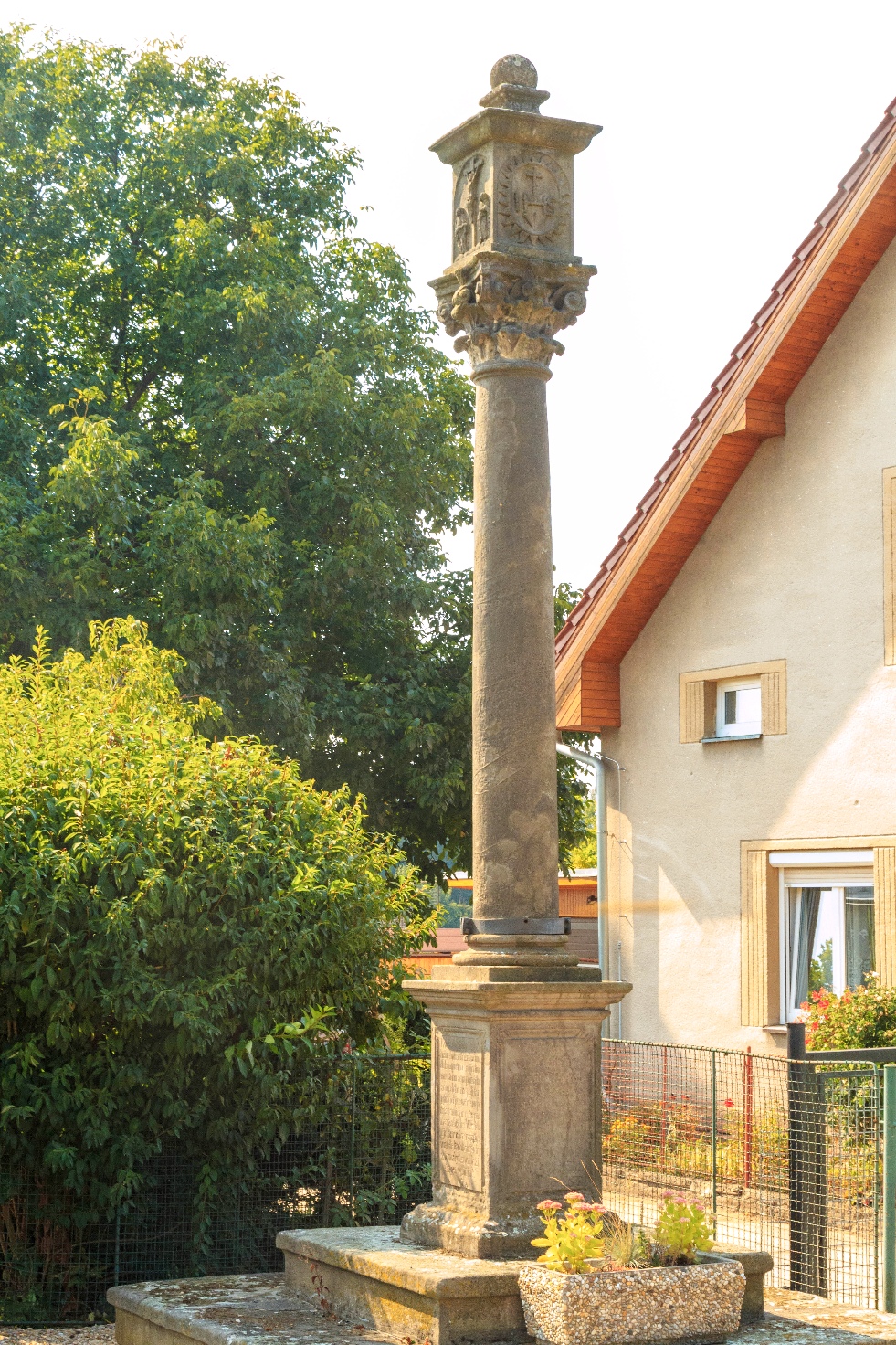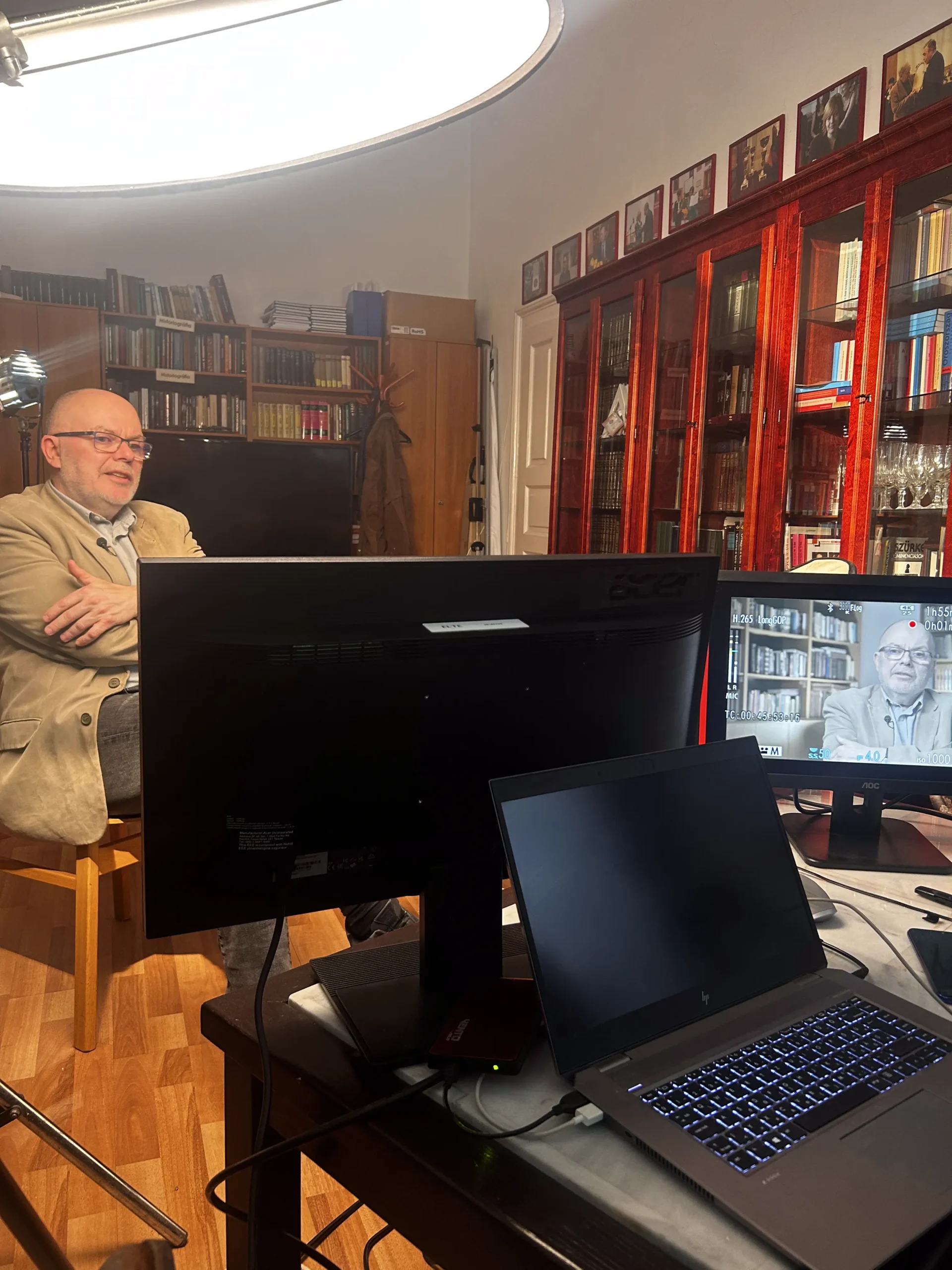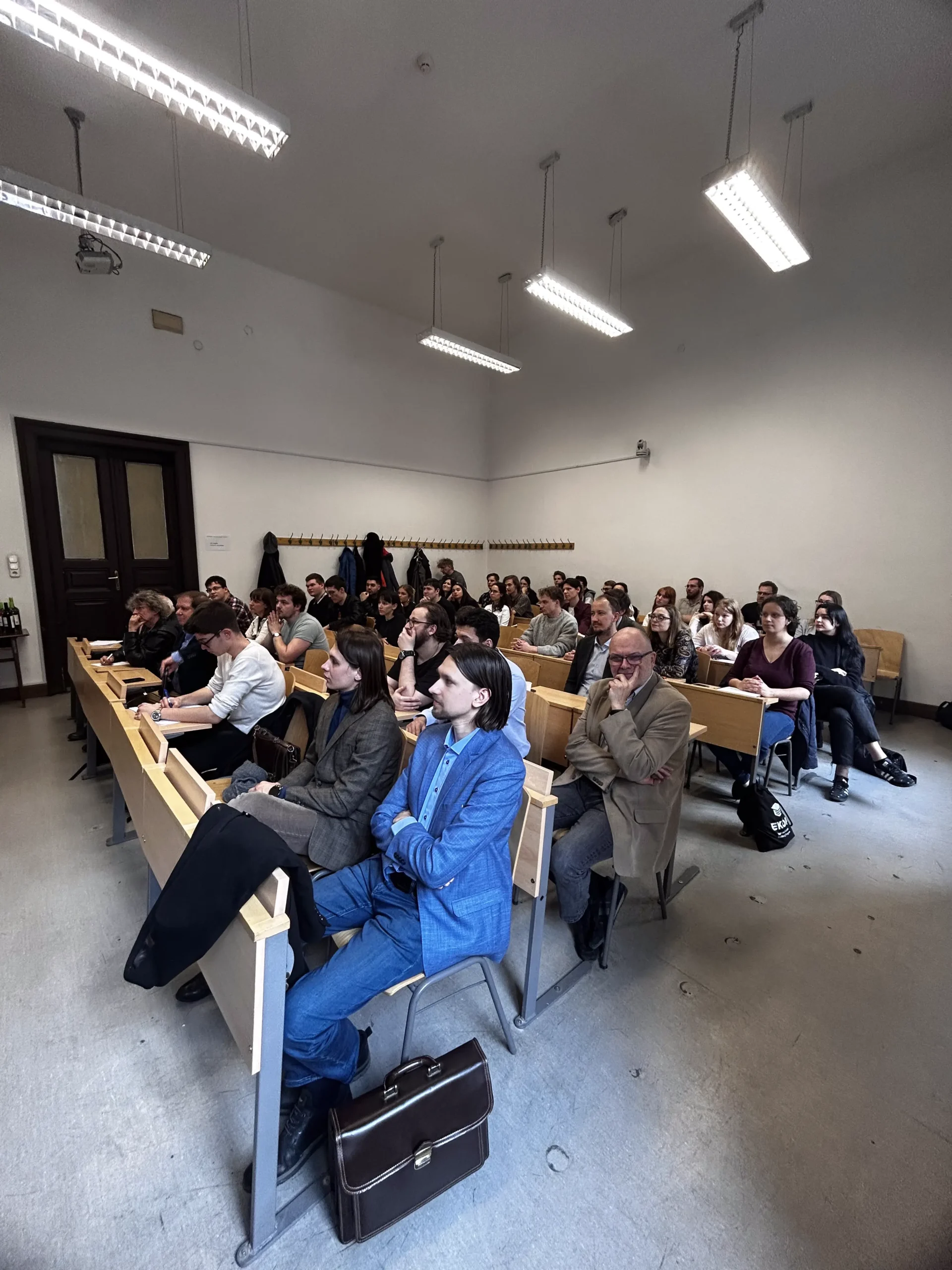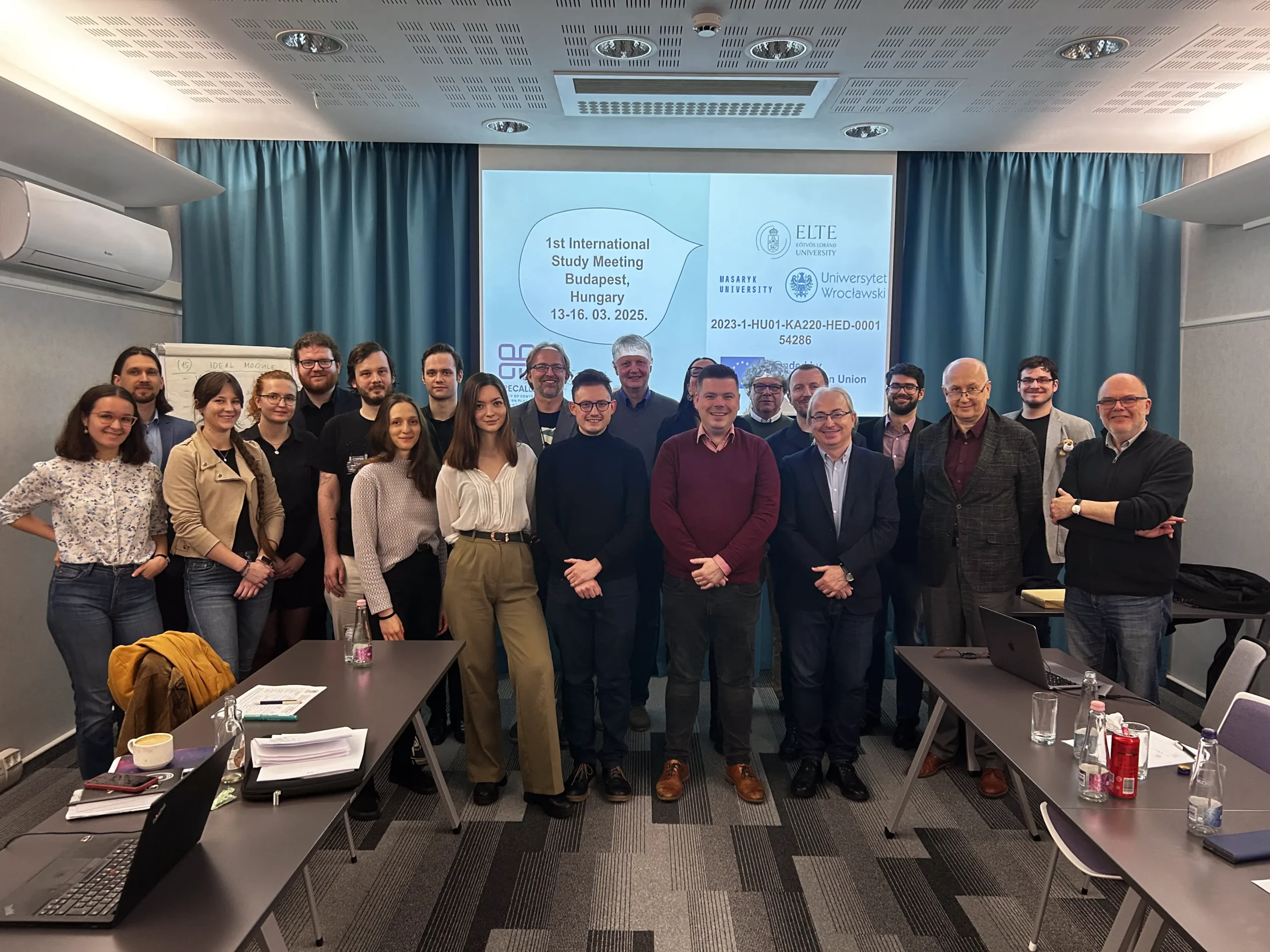Recatholization – Libuň
Fact of the Czech figure „The myth of White Mountain defeat”
Part of the „The myth of national disaster” topic
The post-White Mountain recatholicization, accompanied by forced emigrations, military violence, and property confiscations, is inscribed in Czech collective memory as a tragic consequence of the defeat of the estates’ uprising and as the embodiment of the despised Habsburg rule.
From the Catholic perspective, however, it was undoubtedly seen as a successful process — while at the time of the White Mountain defeat, non-Catholics constituted at least three-quarters, and according to some sources, as much as four-fifths of the population, about eight generations later, following the issuance of the Toleration Patent, only slightly less than three percent identified with the Lutheran or Calvinist confessions. Though it might appear to have been a uniform process, in reality — especially in its early stages — it represented a conflict of ideas about the authority and competencies of secular versus various church powers. For instance, Archbishop Cardinal Arnošt Vojtěch of Harrach did not conceal his aversion to state interventions, even toward the Jesuits, repeatedly emphasising that internal reforms in education and church administration were more effective than violent repression.
A reminder of the dramatic phase of widespread recatholicization is the column commemorating the martyrdom of the Jesuit Matěj Burnatius in the village of Libuň in the Jičín region, where he was murdered by resisting peasants during his missionary work in 1629. Other sites of memory for the success of recatholicization include Marian columns or pilgrimage sites, many of which are gems of Baroque architecture. However, in Czech national historiography, despite the unerasable cultural trace left by Catholic culture, recatholicization has been portrayed as a story of two centuries of subjugation, the forcible extraction of the nation’s faith and moral mission and the decline that followed the golden 16th century of religious freedom.
